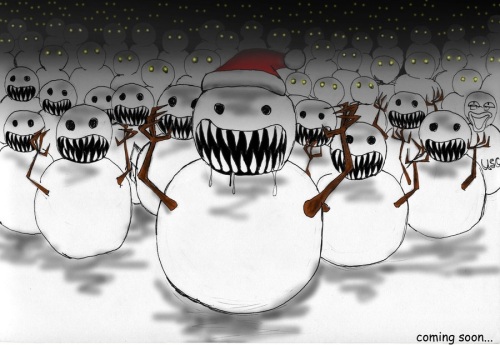Could we improve children’s understanding of punctuation by making a more explicit link between punctuation and meaning right from the start of the learning to read process?

I’m going to share a poem that I encountered many years ago (top infants, as it happens; I’m in my early 40’s now).
One day when I was feeling sick,
I paid a call on Dr. Nick,
Now Doctor Nicholas said to me:
“You must use hair oil in your tea,
Put plenty of sugar in your ears,
Use cotton wool when the weather clears,
Take country walks when you go to bed,
Use feather pillows on your bread,
Use butter for your daily dip,
Good soap and water you should sip,
This tonic for you I will prescribe,
And if you do as I describe,
Rarely, if ever, will you feel sick.”
“Oh thank you! Thank you, Dr. Nick!”
I took my coat I went my ways
And I’ve been healthy all my days
I’ve followed the doctor’s words to the letter
To tell the truth I’ve never felt better.
I’ve tried to find the author of the poem, but to no avail. All I know is that appeared in an British reading scheme book. It was paired with an article about the loss of an American space rocket on launch, because of an erroneous hyphen in the launch programme code.
I do have a good memory, I suppose, because the poem has stuck with me. What I love about it, as the sharp-eyed reader has already spotted, is the way that shuffling some of that punctuation actually renders Dr. Nick’s advice fairly sensible, if of questionable medical benefit.
Paired with the space article, they made concrete the idea that punctuation itself is often the final arbiter of meaning. You put that comma there, your sentence now means something a little, or a lot different. This is a point which is often overlooked during the process of teaching pupils to punctuate. I think that there may be a sound reason for this. As they learn to read, children encounter punctuation in the texts they are learning from. Generally this will happen substantially before children are dealing with punctuation in their own writing. In this context, it makes sense to teach punctuation from a reading-focussed perspective. In reality, I suspect common practice reinforces the idea that punctuation’s purpose is as an aid to the reader, rather than an aid to allow the writer to convey meaning more effectively. Yes, I’m thinking of the dreaded “small breaths at commas, bigger breaths at fullstops” habit. Worse still I’m-thinking-of-the-teacher-reading-a-text-without-expression-pause-or-modulation-and-certainly-without-any-nod-to-any-kind-of-punctuation-to-try-to-show-what-writing-without-punctuation-sounds-like. I’m sure we’ve all done it at some point!
The corollary of this is that by the time children encounter punctuation as writers, many of them still have a preconceived idea of the main purpose of punctuation, which is not often enough debunked. By the time they start using “more ambitious” punctuation, many children will take an approach that treats punctuation as little more than cake decoration, chucking in exclamation marks as though they are going out of fashion, not daring to use anything as mundane as a full-stop.
The wordle at the top of these page is made from the full text of the UK National Curriculum document for English Trying to find the word punctuation in there is a little like “Where’s Wally?” That’s “Where’s Waldo? for my American readers.
I’m not going to say much more than to repose that opening question:
Could we improve children’s understanding of punctuation by making a more explicit link between punctuation and meaning right from the start of the learning to read process?
The random musings of iesha small...







